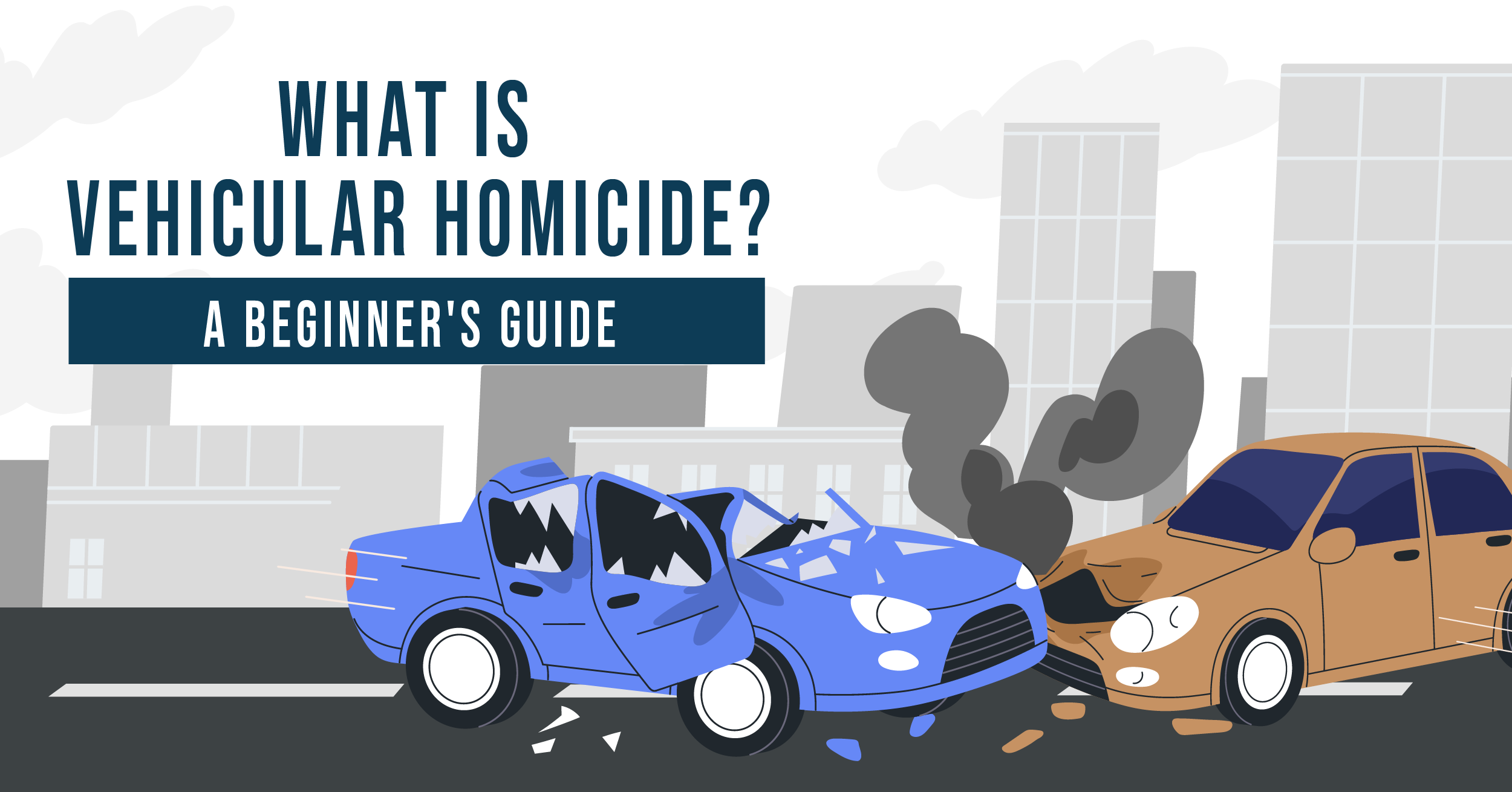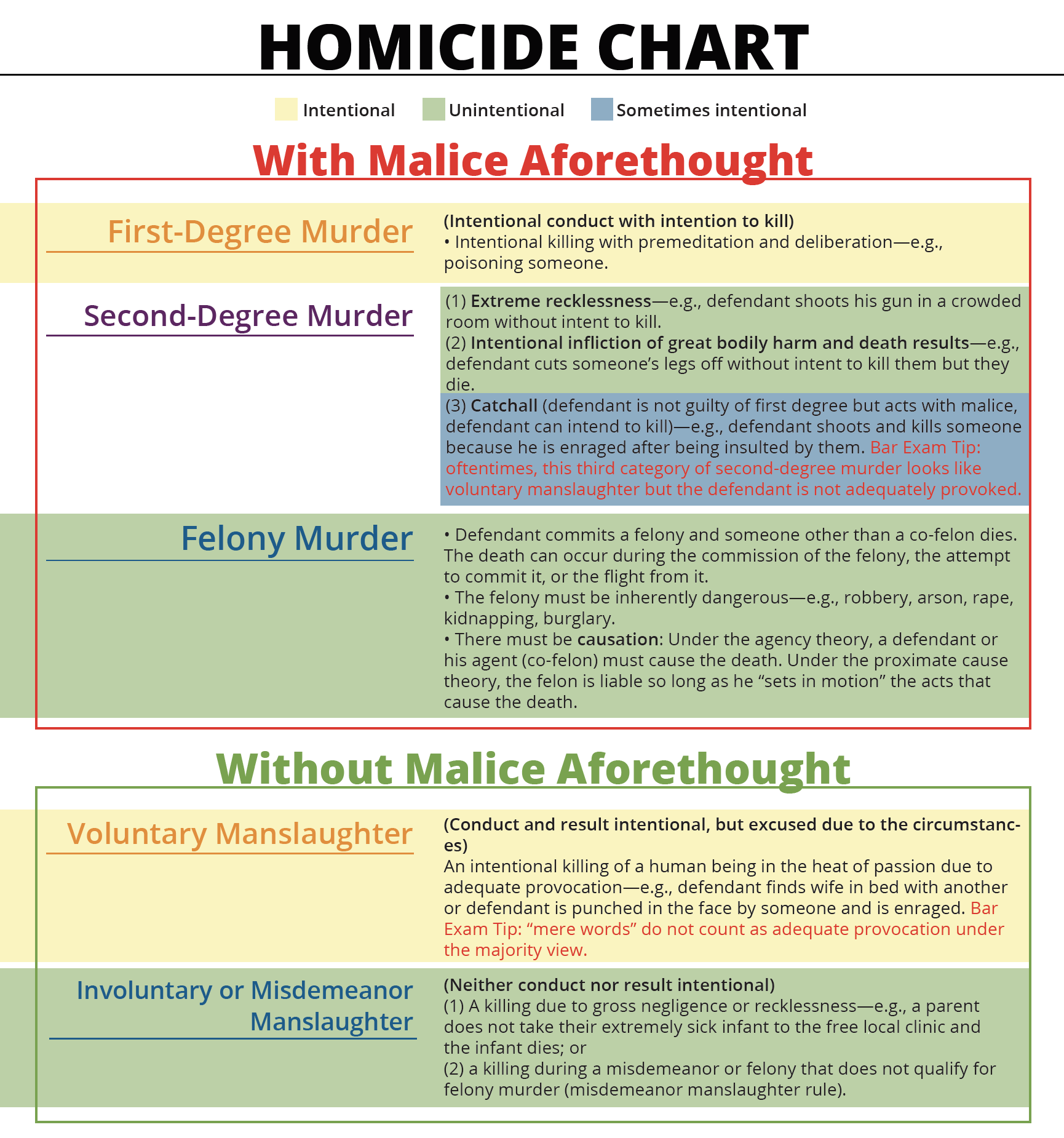What Does A Homicide Mean? Understanding The Legal, Social, And Emotional Implications
So, you’re here because you wanna know what the heck homicide really means, right? Well, buckle up, folks, because we’re diving deep into this topic. Homicide isn’t just a word you hear on crime dramas or in the news—it’s a serious legal term with layers of complexity. At its core, homicide refers to the act of one person causing the death of another. But hold up, not all homicides are created equal. Some are accidental, others are intentional, and the legal consequences vary wildly depending on the circumstances.
Homicide is a term that gets thrown around a lot, but do we really understand what it entails? It’s not just about someone dying—it’s about the context, the intent, and the consequences. Whether it’s a tragic accident or a premeditated act, homicide is a heavy topic that affects individuals, families, and communities. So, let’s break it down and figure out what it all means.
By the end of this article, you’ll have a clearer understanding of what homicide means, the different types, the legal implications, and even some psychological insights into why it happens. Stick around, because this ain’t just about definitions—it’s about real-life scenarios and how they impact us all.
- Catonsville High Unveiling The Heart Of Education And Community
- Terminal C Restaurants Dfw Your Ultimate Dining Guide
Daftar Isi
Types of Homicide: Breaking It Down
Legal Implications of Homicide
- Kim Kardashians House Raided The Inside Story You Need To Know
- Scorpio Birthday Dates Discover The Mysterious Allure Of Scorpio Birthdays
The Emotional Toll of Homicide
Homicide vs Murder: What’s the Difference?
How Homicide Affects Communities
Famous Homicide Cases in History
Preventing Homicide: What Can Be Done?
Conclusion: Understanding Homicide in Today’s World
What Does Homicide Mean?
Homicide, in the simplest terms, is the killing of one human being by another. But here’s the thing—it’s not always a crime. Let that sink in for a sec. There are different types of homicide, and not all of them are considered illegal. For example, self-defense or accidental deaths can fall under the category of homicide, but they might not land you in jail. It’s all about intent, folks.
When we talk about homicide, we’re talking about a spectrum of situations. It could be an accidental death caused by negligence, or it could be a premeditated murder. The legal system has specific categories to differentiate between these scenarios, and understanding them is key to grasping what homicide really means.
Breaking Down the Definition
At its core, homicide is the act of causing someone’s death. But here’s where it gets tricky—the context matters. If someone dies in a car accident because you were texting and driving, that’s homicide. If someone dies because you intentionally shot them, that’s also homicide. See the difference? It’s all about the circumstances and the intent behind the act.
Types of Homicide: Breaking It Down
Not all homicides are created equal. There are several types, each with its own set of legal and social implications. Let’s break it down:
- Murder: This is the big one. Murder is the unlawful killing of another person with malice aforethought. It’s usually premeditated and intentional.
- Manslaughter: This is a lesser form of homicide. It’s usually accidental or happens in the heat of passion. Think road rage or a bar fight gone wrong.
- Justifiable Homicide: This happens when someone kills in self-defense or to protect others. It’s not considered a crime under the law.
- Excusable Homicide: This is when someone dies due to an accident or negligence, but there’s no criminal intent. Think about a doctor accidentally overdosing a patient during surgery.
Understanding the Differences
The key to understanding the different types of homicide lies in intent and circumstances. Was the act intentional? Was it accidental? Was it done in self-defense? These questions help determine the severity of the crime and the legal consequences.
Legal Implications of Homicide
When someone is charged with homicide, the legal process can get pretty intense. The severity of the charges depends on the type of homicide and the evidence presented. For example, a murder charge can lead to life in prison or even the death penalty in some jurisdictions. Manslaughter, on the other hand, might result in a shorter prison sentence or probation.
But here’s the kicker—the legal system doesn’t just focus on punishment. It also looks at rehabilitation and deterrence. The goal is to prevent future crimes and ensure justice for the victims and their families.
Factors That Influence Sentencing
Several factors can influence the sentencing in a homicide case:
- Intent: Was the act premeditated or accidental?
- Circumstances: Was it self-defense or a crime of passion?
- Previous Record: Does the defendant have a history of violent behavior?
The Emotional Toll of Homicide
Homicide isn’t just a legal issue—it’s an emotional one too. The families of victims often struggle with grief, anger, and a sense of injustice. On the other side, the accused may face guilt, shame, and the weight of their actions. It’s a heavy burden for everyone involved.
Support systems, like therapy and counseling, can play a crucial role in helping individuals cope with the aftermath of a homicide. It’s not just about justice—it’s about healing and moving forward.
Coping with Loss
For families of homicide victims, the grieving process can be incredibly challenging. Here are some tips for coping:
- Seek Support: Talk to friends, family, or a therapist.
- Join a Support Group: Connect with others who have experienced similar losses.
- Take Time to Heal: Grieving is a process, and it’s okay to take your time.
Homicide vs Murder: What’s the Difference?
People often use the terms homicide and murder interchangeably, but they’re not the same thing. Homicide is the broader term that encompasses all types of killing, while murder specifically refers to unlawful killings with malice aforethought. It’s a subtle but important distinction.
Think of it like this: all murders are homicides, but not all homicides are murders. Got it? Good.
Key Differences
Here’s a quick breakdown of the key differences:
- Homicide: Any killing of one person by another.
- Murder: Unlawful killing with malice aforethought.
Common Causes of Homicide
So, what causes homicide? There are a variety of factors that can lead to someone taking another person’s life. Some of the most common causes include:
- Domestic Violence: Many homicides stem from domestic disputes.
- Gang Violence: Gang-related activity often leads to deadly outcomes.
- Drug-Related Crimes: The illegal drug trade is a major contributor to homicide rates.
- Accidents: Negligence or reckless behavior can result in accidental deaths.
Preventing Homicide
While it’s impossible to eliminate homicide entirely, there are steps we can take to reduce its occurrence:
- Community Programs: Support initiatives that address root causes like poverty and lack of education.
- Gun Control: Implement stricter regulations on firearm ownership.
- Conflict Resolution: Teach people how to resolve disputes peacefully.
How Homicide Affects Communities
Homicide doesn’t just affect individuals—it affects entire communities. High homicide rates can lead to fear, mistrust, and social unrest. It’s a cycle that’s hard to break, but not impossible.
Community involvement is key to addressing the issue. By working together, we can create safer neighborhoods and reduce the likelihood of future homicides.
Building Safer Communities
Here are some ways communities can work together to prevent homicide:
- Education: Provide resources and programs that teach conflict resolution and empathy.
- Law Enforcement: Increase police presence in high-risk areas.
- Support Services: Offer counseling and support for at-risk individuals and families.
Famous Homicide Cases in History
Throughout history, there have been some high-profile homicide cases that have captured the public’s attention. These cases often highlight the complexities and controversies surrounding the issue of homicide.
Take, for example, the O.J. Simpson trial. This case sparked intense debate about race, privilege, and the justice system. Or consider the case of Ted Bundy, a serial killer whose crimes shocked the nation. These cases remind us of the dark side of human nature and the challenges of seeking justice.
Lessons Learned
While these cases are extreme, they offer valuable lessons about the importance of justice, accountability, and prevention. By studying these cases, we can better understand the root causes of homicide and work towards a safer future.
Preventing Homicide: What Can Be Done?
Preventing homicide requires a multi-faceted approach. It’s not just about tougher laws or more police—it’s about addressing the root causes of violence. This includes poverty, lack of education, and mental health issues.
By investing in community programs, education, and mental health services, we can create a safer, more equitable society. It’s a tall order, but it’s one worth striving for.
Steps Towards Prevention
Here are some practical steps we can take to prevent homicide:
- Education: Provide resources and programs that teach conflict resolution and empathy.
- Mental Health Services: Increase access to mental health care for at-risk individuals.
- Community Involvement: Encourage community members to get involved in prevention efforts.
Conclusion: Understanding Homicide in Today’s World
So, there you have it—a comprehensive look at what homicide means and its implications. From legal definitions to emotional tolls, we’ve covered a lot of ground. The key takeaway is this: homicide is a complex issue that requires a multifaceted approach to address.
Whether you’re a student, a professional, or just someone interested in understanding the world around you, this knowledge can help you make sense of a difficult topic. So, what’s next? Share this article with a friend, leave a comment, or check out some of our other articles. Together, we can create a safer, more informed world.
And remember, folks—knowledge is power. Stay curious, stay informed, and most importantly, stay safe.
- Megyn Kelly Family Photos A Closer Look At The Life Beyond The Spotlight
- Beyonceacute And The Satanic Controversy Separating Fact From Fiction

Global study on homicide

What is Vehicular Homicide? A Beginner's Guide

Homicide Chart JD Advising